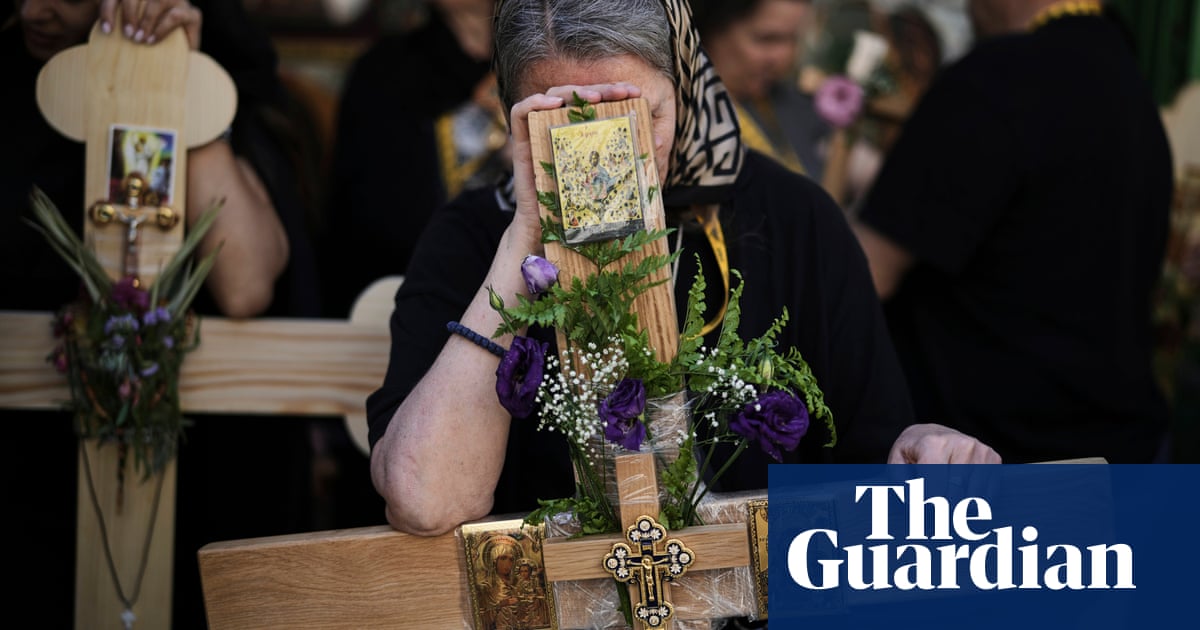This Easter, the government announced it had issued 6,000 permits, though there are 50,000 Christians – mostly Catholic or Greek Orthodox – living in the West Bank beyond East Jerusalem. However, in reality, just 4,000 were given, according to Christian leaders, and often only to a few members of each family who applied.
These permits are valid for just one week and do not allow the Palestinian pilgrims to stay in Jerusalem overnight, meaning they have to make the gruelling journey back to the West Bank by bus or taxi – crossing a multitude of army checkpoints – every evening, limiting the festivities they can take part in. A group from the village of Taybeh said the Israeli military still did not allow them to cross over to Jerusalem for Palm Sunday even though they had valid permits.
The few who do make it to the Old City have been met with increased police brutality in recent years. In April 2023, Palestinian Christian worshipers and international pilgrims were beaten by Israeli police and armed forces as they attempted to reach the Church of the Holy Sepulchre.



Some people understand the history and the opportunities of living in a country without tying their identity to the country. They can contribute to it, accept diversity, and yet have a more trascendental sense of self. They understand the state can be helpful for certain goals, and not for others.
It’s like money. If we all agree that a piece of paper and some metal is valuable, then it is. We don’t have to worship it. We can use it when it’s helpful and not when it’s not.
Turns out, the more educated, wealthy, and connected a whole population is, the more they are able to go from conceptual senses of self like “I am French” to a more trascendental sense of self like “I am a living being like so many others, and I happen to live in France”. This can also be achieved with certain wisdom traditions, like with loving-kindness meditation. More broadly, it can also be achieved with reflection.